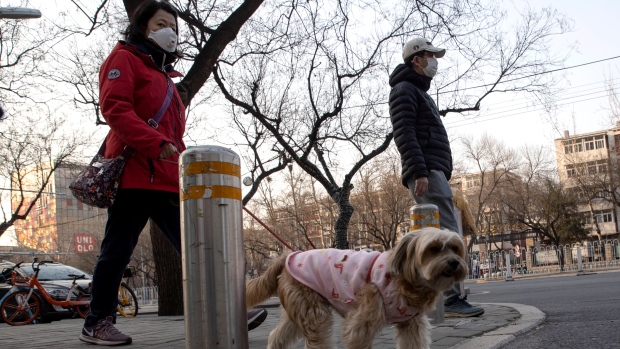VANCOUVER – Mayors and other leaders from several British Columbia communities say the provincial and federal governments need to take “immediate action” to tackle mental health and public safety issues that have reached crisis levels.
Vancouver Mayor Ken Sim says it’s become “abundantly clear” that mental health and addiction issues and public safety have caused crises that are “gripping” Vancouver, and he and other politicians, First Nations leaders and law enforcement officials are pleading for federal and provincial help.
In a letter to Prime Minister Justin Trudeau and Premier David Eby, mayors say there are “three critical fronts” that require action including “mandatory care” for people with severe mental health and addiction issues.
The letter says senior governments also need to bring in “meaningful bail reform” for repeat offenders, and the federal government must improve policing at Metro Vancouver ports to stop illicit drugs from coming in and stolen vehicles from being exported.
Sim says the “current system” has failed British Columbians, and the number of people dealing with severe mental health and addiction issues due to lack of proper care has “reached a critical point.”
Vancouver Police Chief Adam Palmer says repeat violent offenders are too often released on bail due to a “revolving door of justice,” and a new approach is needed to deal with mentally ill people who “pose a serious and immediate danger to themselves and others.”
This report by The Canadian Press was first published Sept. 16, 2024


























